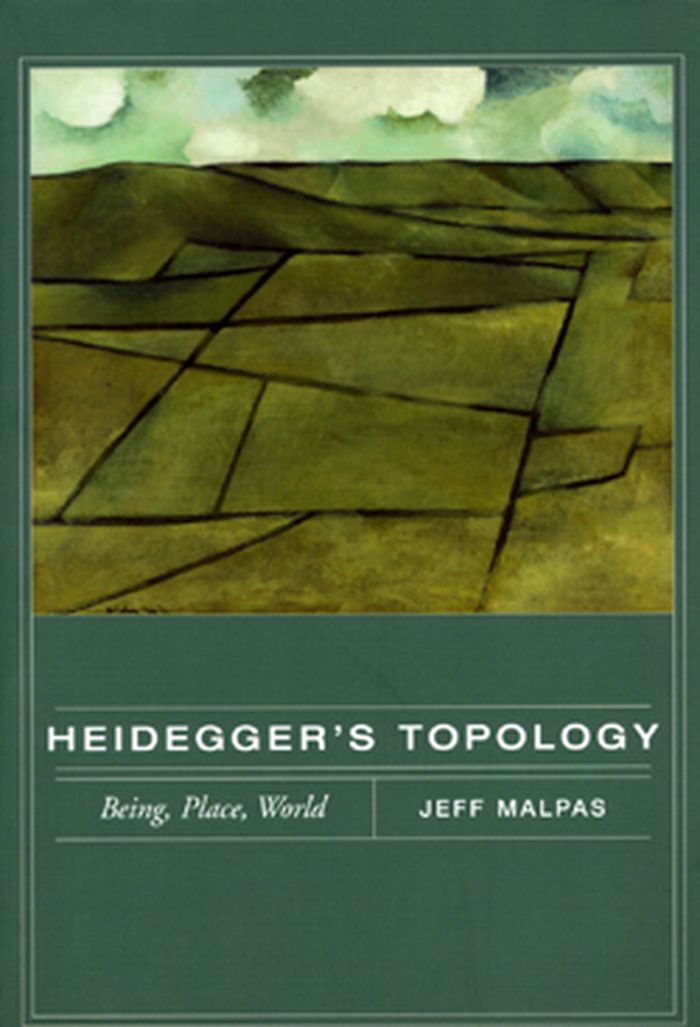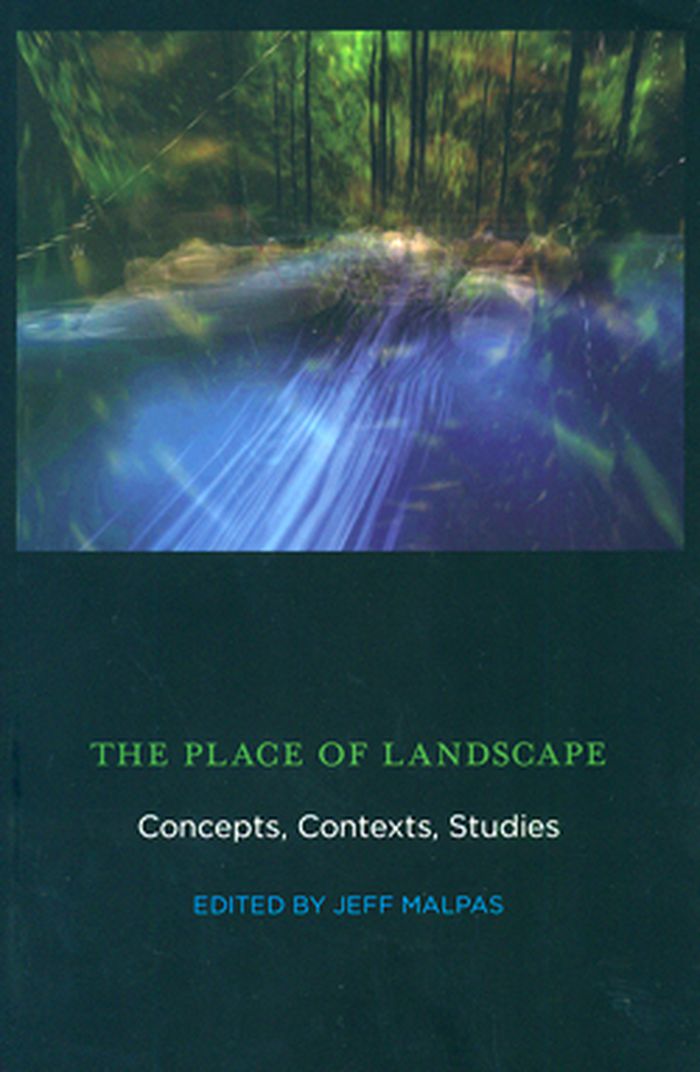$24.95
(available to order)
Summary:
Malpas follows the development of Heidegger's topology through three stages: the early period of the 1910s and 1920s, through Being and Time, centered on the "meaning of being"; the middle period of the 1930s into the 1940s, centered on the "truth of being"; and the late period from the mid-1940s on, when the "place of being" comes to the fore. (Malpas also challenges the(...)
Heidegger's topology: being, place, world
Actions:
Price:
$24.95
(available to order)
Summary:
Malpas follows the development of Heidegger's topology through three stages: the early period of the 1910s and 1920s, through Being and Time, centered on the "meaning of being"; the middle period of the 1930s into the 1940s, centered on the "truth of being"; and the late period from the mid-1940s on, when the "place of being" comes to the fore. (Malpas also challenges the widely repeated arguments that link Heidegger's notions of place and belonging to his entanglement with Nazism.) The significance of Heidegger as a thinker of place, Malpas claims, lies not only in Heidegger's own investigations but also in the way that spatial and topographic thinking has flowed from Heidegger's work into that of other key thinkers of the past 60 years.
Critical Theory
$54.95
(available to order)
Summary:
This volume explores the conceptual "topography" of landscape: It examines the character of landscape as itself a mode of place as well as the modes of place that appear in relation to landscape. The essays demonstrate that the study of landscape cannot be restricted to any one genre, cannot be taken as the exclusive province of any one discipline, and cannot be(...)
The place of landscape: concepts, contexts, studies
Actions:
Price:
$54.95
(available to order)
Summary:
This volume explores the conceptual "topography" of landscape: It examines the character of landscape as itself a mode of place as well as the modes of place that appear in relation to landscape. The essays demonstrate that the study of landscape cannot be restricted to any one genre, cannot be taken as the exclusive province of any one discipline, and cannot be exhausted by any single form of analysis. What the place of landscape now evokes is itself a wide-ranging terrain encompassing issues concerning the nature of place, of human being in place, and of the structures that shape such being and are shaped by it.
Landscape Theory

